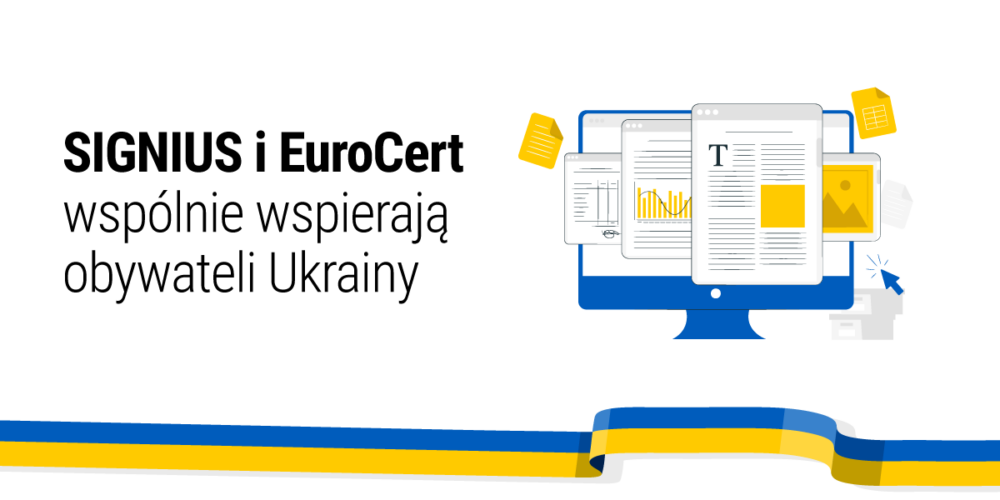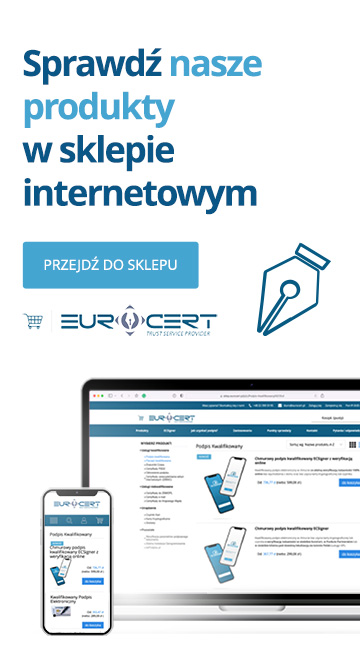A Qualified Electronic Eignature (QES) is recognized throughout the European Union. It is available not only to Polish citizens but also to foreigners without Polish citizenship. Can a foreigner obtain an electronic signature while being outside Poland? You will find the answers in the article below.
What is a signature for a foreigner?
A qualified signature is a convenient e-signature used for handling both official and private matters. Although it is a commercial signature, its versatile application makes it increasingly popular. Foreigners who work or stay in Poland can obtain a qualified e-signature from a Polish certified trusted service provider, regardless of their country of origin. However, before deciding to take this step, it is worth remembering a few important issues, which we present below.
Sprawdź ofertę podpisów kwalifikowanych
Qualified signature for a foreigner – required documents
To obtain an e-signature, a document such as an identity card or passport is necessary. One issue that must be absolutely noted is the country of origin of the foreign person. Foreigners from EU countries and those in the Schengen area can use an identity card or passport. On the other hand, foreigners from other countries will need a valid passport.
It should be remembered that a qualified certificate contains data such as name, surname, and identification number. This number can be a personal number, i.e., PESEL, identity card number, or passport number. The foreigner must indicate which identification number is to be placed in the certificate. Indicating the appropriate identifier may be important for communication with the Polish public administration.
Qualified signature for a foreigner without a PESEL number
If a foreign person does not have a PESEL number, they can obtain one. It is enough to register in Poland, and then they will automatically receive a PESEL number. If the foreigner cannot register, they can submit an appropriate application at the relevant office, e.g., the municipal office corresponding to their place of residence or work. The application is submitted in person or through a proxy.
Foreigners who already have a PESEL number can proceed with obtaining a qualified signature at the EuroCert Certification Center. The appropriate official certificate must be presented to the certified trusted service provider.
Qualified e-signature without coming to Poland
At the EuroCert Certification Center, a foreigner can obtain a qualified signature without having to come to Poland. In this case, identity confirmation is possible with the help of a local notary from the country where the foreigner currently resides. If the foreigner has a qualified signature from another foreign trusted service provider, EuroCert can confirm the foreigner’s identity remotely. This procedure can be carried out 100% online. Let’s follow both paths to obtaining a qualified signature.
Obtaining a qualified signature with the help of a notary
In this case, the foreign person must first fill out an electronic application provided by EuroCert. Then, with the identity document (identity card or passport) and the contract prepared by EuroCert, they must go to a notary to certify the handwritten signature and personal data. In some cases, it will be necessary to obtain an Apostille or document legalization. If the foreigner is outside the European Union, they can also go to the Polish embassy to certify the signature on the contract. In this situation, the consul will do it.
If the notary prepares a certification in a language other than Polish or English, it will be necessary to translate this document. In this case, the sworn translation must be provided to EuroCert along with the original document. EuroCert can also commission the translation as an additional service.
Obtaining a qualified signature using a signature from another provider
If a foreigner has a qualified signature from a foreign provider, they can use it to obtain a qualified signature in Poland. In this case, it will be necessary to fill out an electronic application from EuroCert. Then, the foreign person signs the contract with the Polish provider using the active qualified signature they already have. This procedure is much faster than the one involving a notary.
Regardless of the method of obtaining an e-signature, it is worth remembering that if the foreigner is very busy or does not know Polish or English, their proxy can help them obtain a qualified signature.
Qualified signature for a foreign person – important tips
Here are important points to remember when obtaining a qualified signature for a foreigner:
- Owner’s identification numbers – Attention should be paid to the data we want to include in the e-signature. It can be a Polish PESEL number, identity card number, or passport number.
- Company registration in Poland and identification number in the signature – If the foreigner registered a business in a Polish office, the identification number used then must be included in the qualified signature.
- Data integrity – The data of the foreigner included in the qualified signature must be consistent with the data from the identity document.
- Special characters – Attention should be paid to special characters and letters from other alphabets of the Latin group. Data entered into the qualified signature is entered only in the form of the Latin alphabet, but in various forms, not only in Polish.
- Use of the signature – It is worth determining at the beginning whether the qualified signature will be used in communication with Polish public administration units. If so, the foreigner should obtain a PESEL number, which will facilitate handling official matters.
What is the procedure for obtaining a qualified electronic signature for a foreigner?
Here are the steps to take to obtain a qualified signature for a foreign person:
Step 1. Fill out the application for the issuance of a qualified electronic signature certificate from EuroCert.
Step 2. Go to the notary with the contract or sign it with a qualified electronic signature from another provider.
Step 3. Send the notarially certified or electronically signed contract to EuroCert.
Step 4. Receive the electronic signature from the courier.
Step 5. Install the software and set the appropriate codes for the signature.
Step 6. Conveniently handle private and official matters. You will be able to renew the qualified signature online for 1, 2, or 3 years.



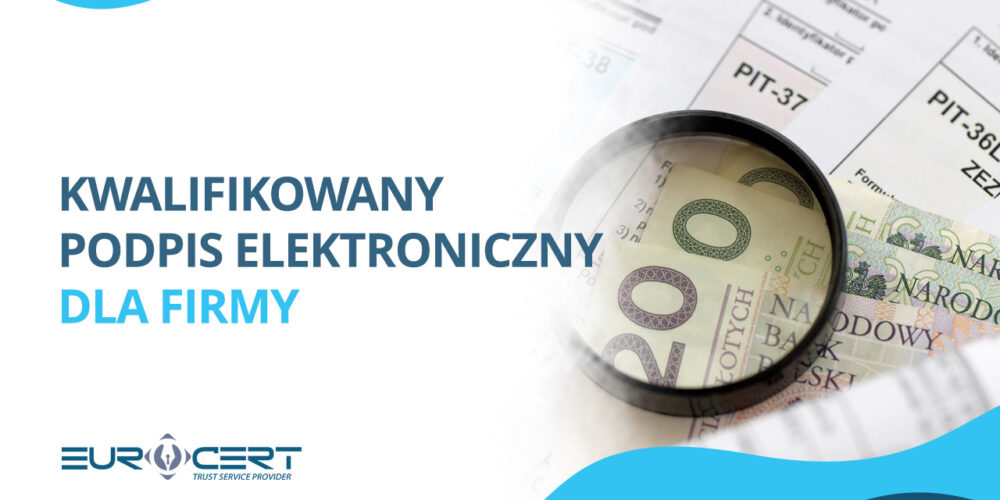
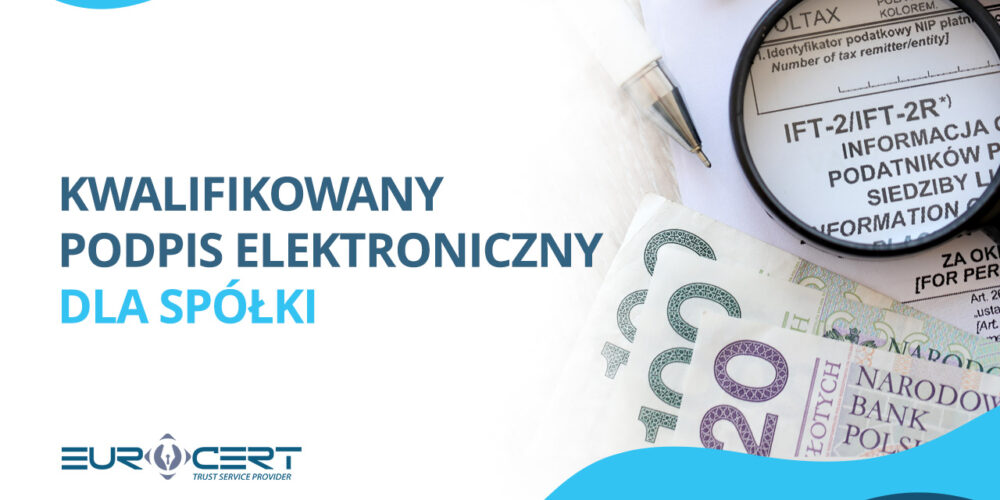
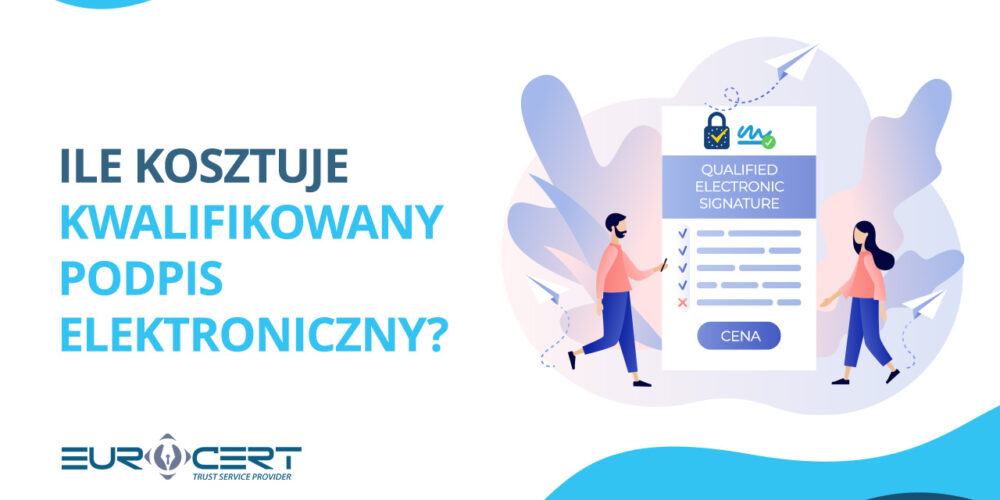
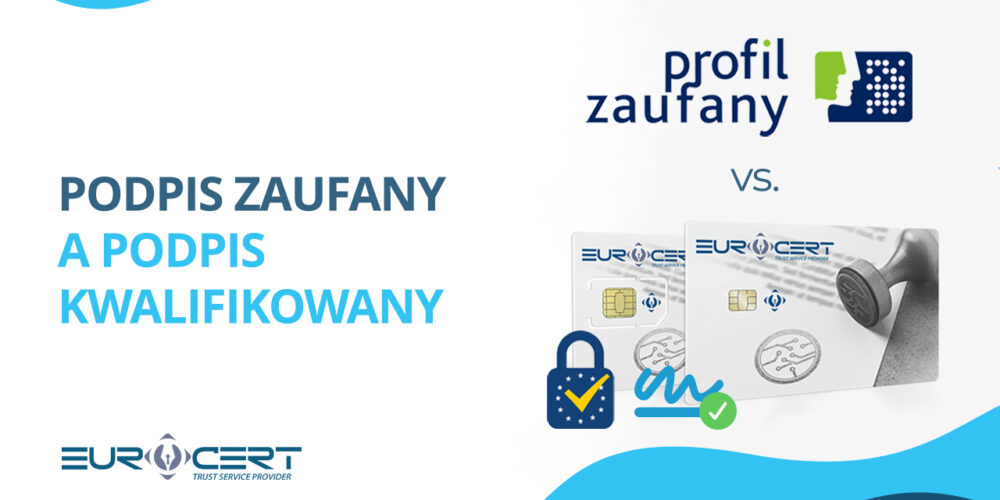
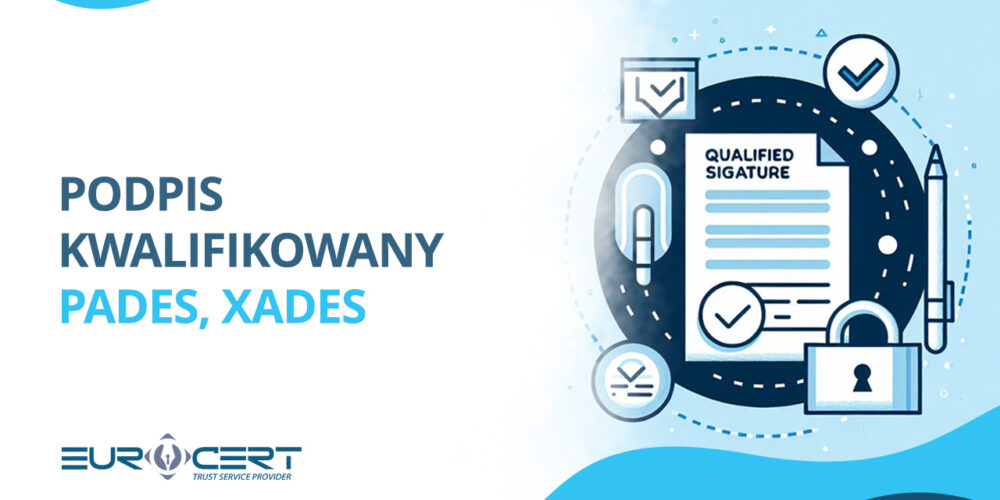
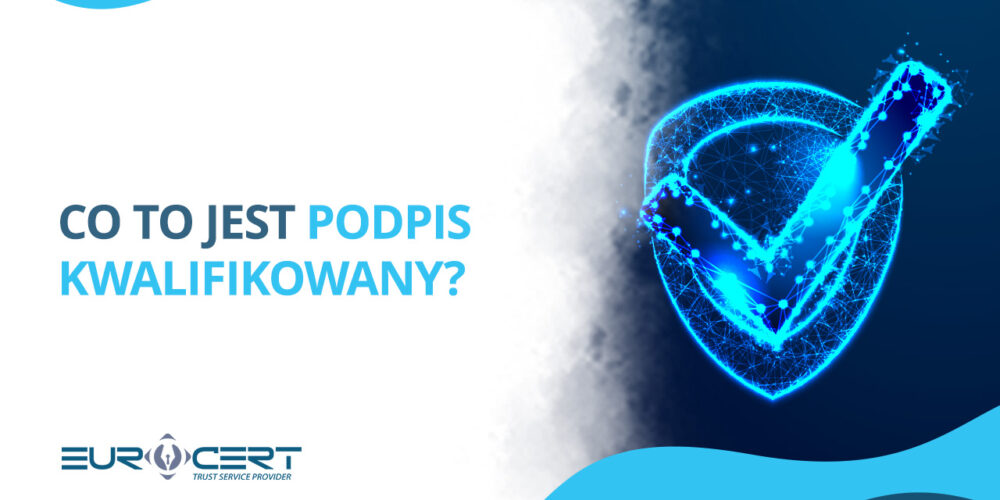
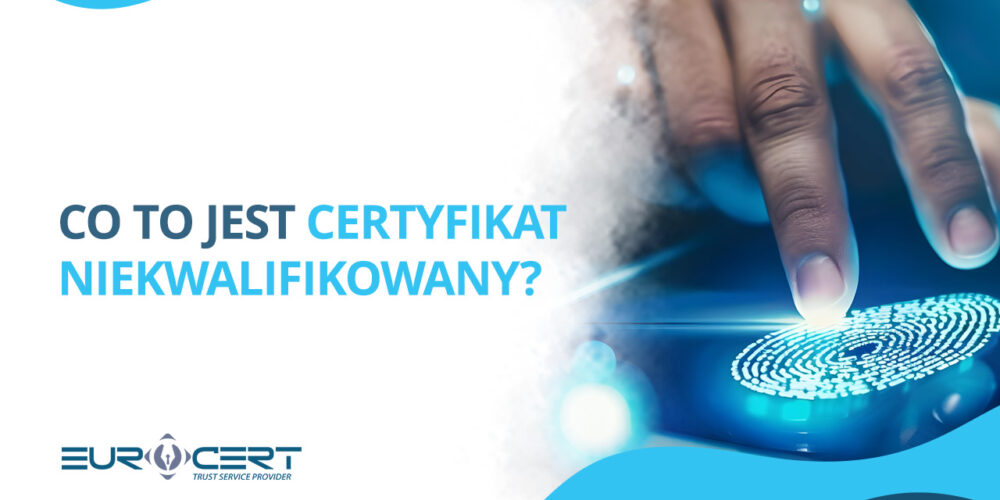
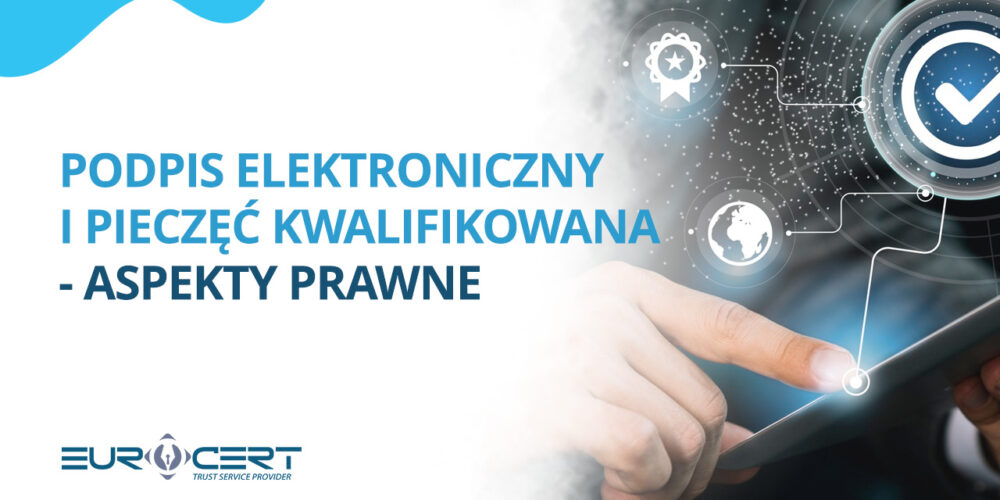

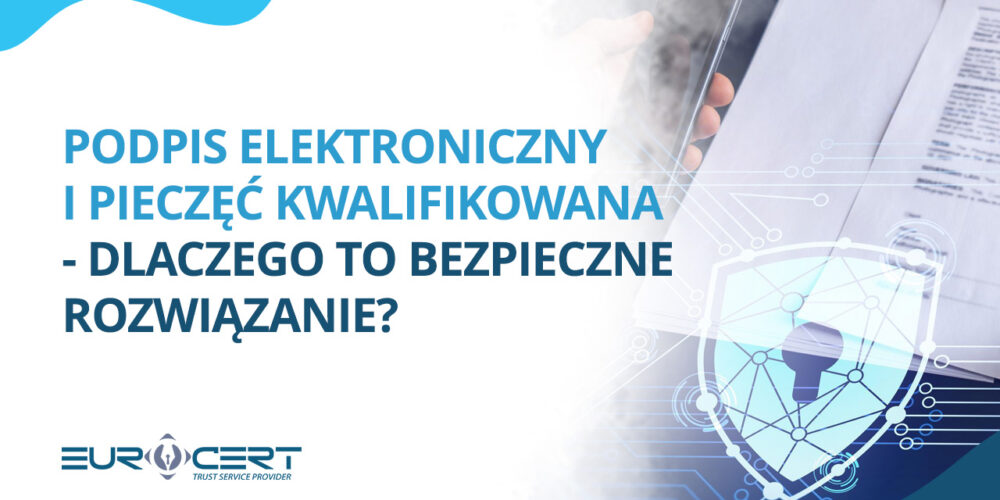
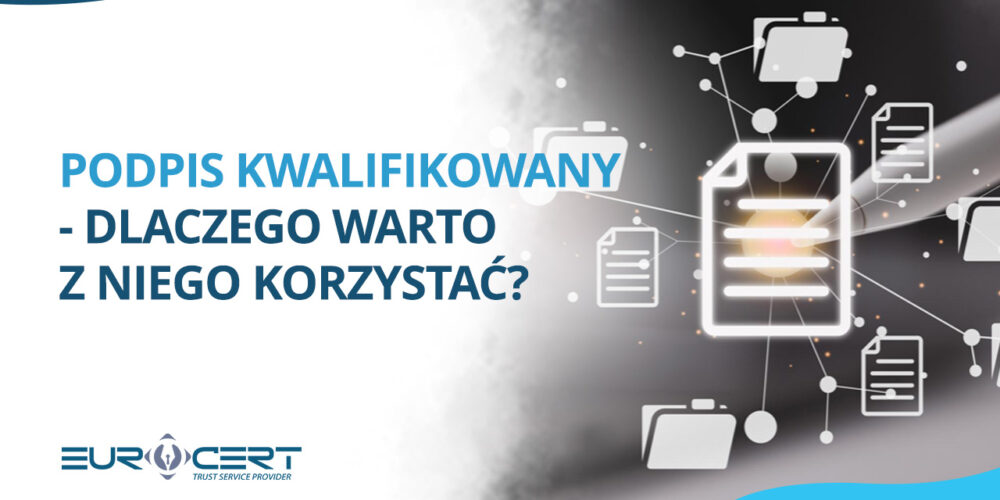
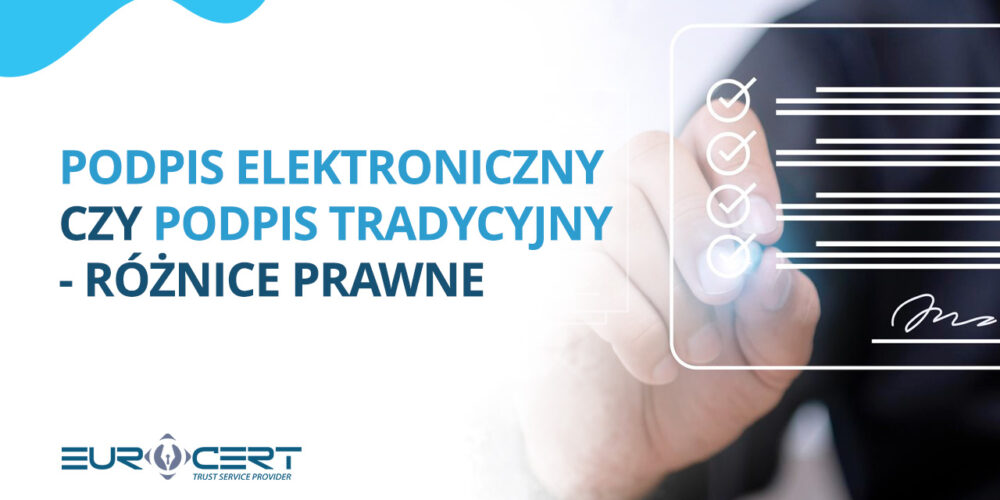



![Ile oszczędzi twoja firma, korzystając z naszych usług? [Analiza]](https://eurocert.pl/wp-content/uploads/2022/07/shutterstock_180233393-min-1000x500.jpg)

